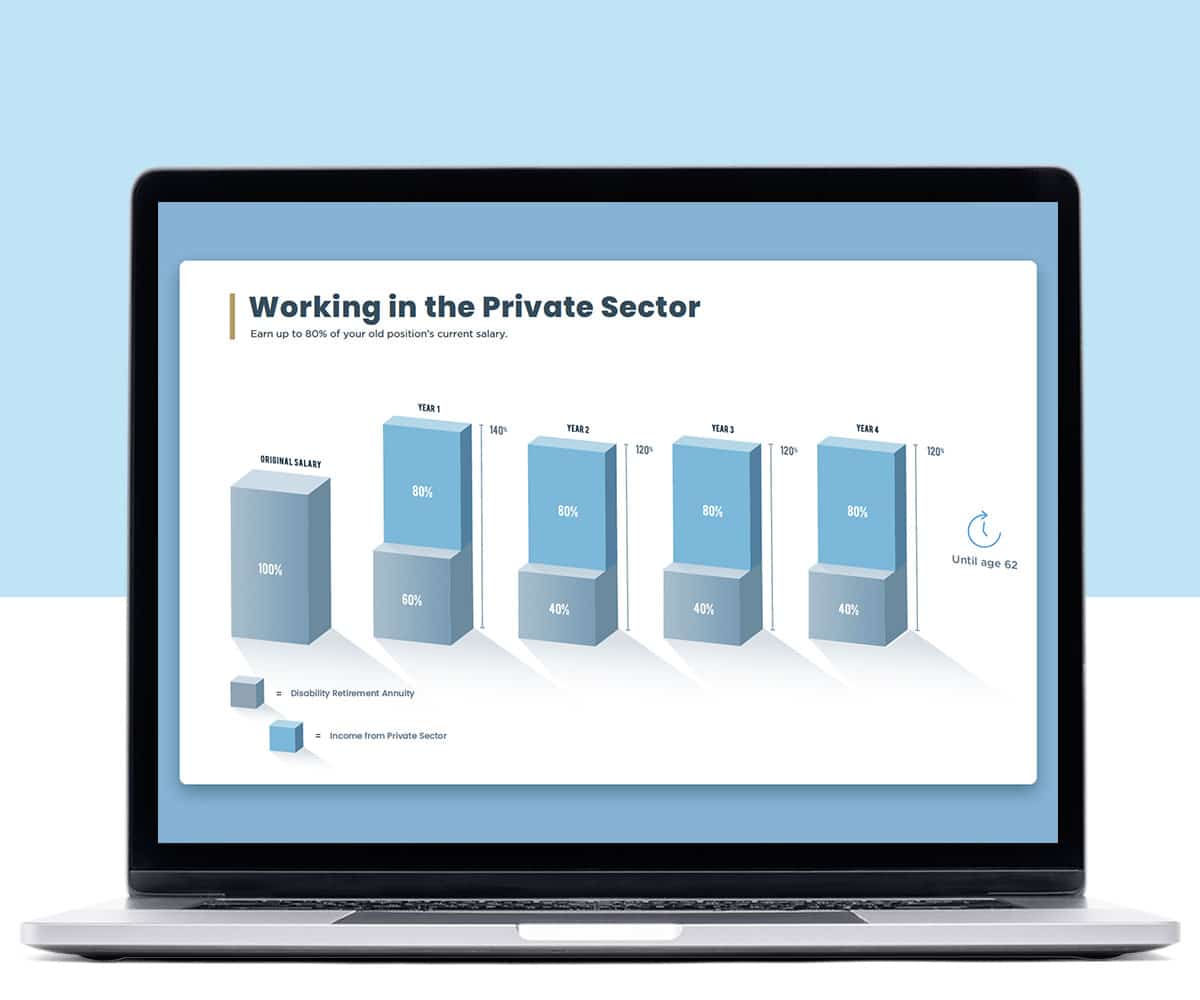January was Financial Wellness Month. Did you take notice and do anything to improve your financial well-being? If not, don’t worry – but also, don’t wait any longer to take positive action.
Our firm presents the following five basic steps to help federal workers get their financial house in order in 2015:
Calculate what comes in and what goes out.
Your first step is to figure out what money you have coming in and how it is spent. Add up all of your income – whether it is from, wages, investments, federal disability retirement benefits or any other source. Then compare this figure to your expenses.
Of course, expenses can be difficult to determine. In addition to your fixed expenses like your mortgage or car payment, you have to count discretionary spending, too. For instance, the coffee and donut that is a part of your daily routine and the DVDs you rent on the weekends should be tallied as well.
Make a list of anything you pay for and how much you paid over the course of one month. Compare your income and your outlay. If your income is not comfortably higher, you need to make some changes right away.
Set a budget and stick to it.
Financial wellness means that, once you pay all of your bills and discretionary expenses each month, you should have enough money left over to put some aside to save or invest for the future.
Many financial planners abide by the 50/30/20 formula. In other words, 50 percent of your income should go toward fixed expenses, 30 percent toward discretionary or “lifestyle” spending and 20 percent toward savings, retirement investments and debt payments. Your age and your goals will affect your formula.
Save for your retirement.
As a federal employee, you should take full advantage of any retirement investment plan your employer offers, particularly plans in which your employer matches your investment. For federal workers employed since January 1, 1987, this means the Federal Employees Retirement System (FERS) and Thrift Savings Plan (TSP).
You can also invest in retirement savings accounts such as Roth IRAs or other investments – independent of your employer.
In many cases, it is wise to consult a certified financial planner to determine what you will need to save to ensure a comfortable retirement.
Pay off credit cards.
First in line for debt payment each month should be any credit card balance(s) you have. You should never carry a credit card balance month-to-month. If you have more on a credit card that you can pay in a single month, you should make paying it off as soon as possible your top priority.
As of this writing, the national average annual percentage rate (APR) on credit cards was 14.89 percent. Compared to single-digit interest rates on education, mortgage and personal loans, credit card debt is a terrible deal.
Seek tax advice.
It is well worth the nominal expense to have a professional prepare your tax return. Tax law and rules change every year, and tax preparers stay on top of the changes. They know about advantages in the tax code that can help you save money.
There are several credentials a tax preparer may possess. He or she should at the least have an IRS Preparer Tax Identification Number (PTIN). Also, attorneys, enrolled agents and certified public accountants (CPAs) have unlimited representation rights and can help you in any tax matter, including audits, payment/collection issues and appeals.
Remember to notify your tax preparer that you are receiving Federal Disability Retirement income which is taxable. Learn more about disability annuities as they relate to your taxes here.
If you let January go by without focusing on improving your financial health, then you should not allow February (or March or April …) go by as well without taking action. Get started today!



